|
The images below show people and places in Afghanistan that may represent the world in which Laila exists. Having finished Part 2, you now know just how different Laila's life was from Mariam's. But how different was it really? How does the idea os "shelter" (in all of its iterations) affect both women? In your Primary Blog Entry, compare and contrast Mariam and Laila's experiences. Find at least one quote or paraphrase a passage from each that truly highlights their differences, but also explain how the women are similar. Find another quote or paraphrase a passage that highlights their similarity. Once you have finished and submitted your Primary Blog Entry, please read your classmates' entries. Select two to which you would like to respond. See below the photos for more detailed insructions. Primary Blog Expectations (respond to the prompt above): 200-250 words, minimal errors in grammar and usage, thoughtful and thorough writing. Please use the name you were assigned in class as your nom de plume and be sure to add word count. Due by 11:59pm Friday night 2-10-2023! Secondary Blog Response Expectations (read everyone's primary responses, select two that interest you, and respond to their ideas): 100-150 words EACH, minimal errors in grammar and usage, thoughtful and thorough writing. Please use the name you were assigned in class as your nom de plume and be sure to add word count. Due by 11:59pm Sunday night 2-12-2023! In Part 1 of A Thousand Splendid Suns, Nana says the following to her daughter, Mariam: “Women like us. We endure. It’s all we have.” Select three distinct passages from Part 1 (add page #) that show how this sentiment informs Mariam’s life and how it relates to themes you believe will be intrinsic to the larger meaning of the novel. Primary Blog Expectations (respond to the prompt above):
--200-250 words --minimal errors in grammar and usage --thoughtful and thorough writing --Use the name that you were assigned in class as your nom de plume. --Be sure to add word count. --Due by 11:59 PM on Sunday night! --REMEMBER, this is a Practice Assessment and, therefore, will not be accepted late. In what ways can imagination and inspiration unleash the best and worst in humankind? Primary Blog Expections: 200-250 words, minimal errors in grammar and usage, thoughtful and thorough writing. Please use the name you were assigned in class as your nom de plume and be sure to add word count. Due by 11:59 PM Friday night.
Secondary Blog Response Expectations (read everyone's primary responses, select two that interest you, and respond to their ideas): 100-150 words EACH, minimal errors in grammar and usage, thoughtful and thorough writing. Please use the name you were assigned in class as your nom de plume and be sure to add word count. Due by 11:59 PM Sunday night. 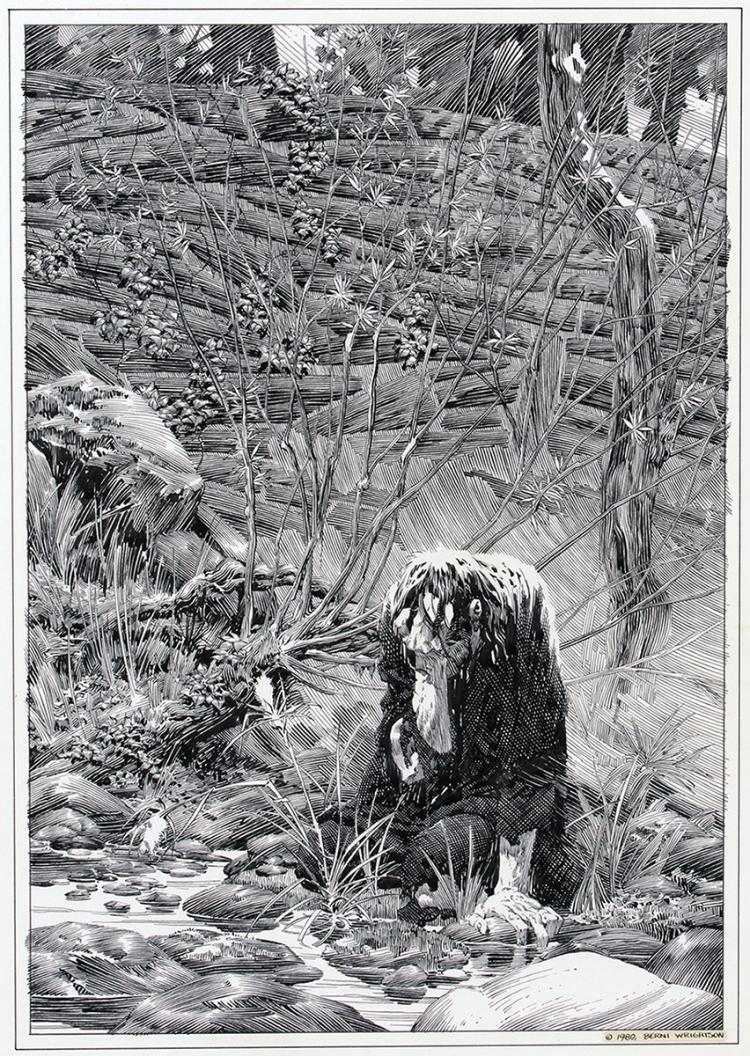 Frankenstein complicates the idea of what it means to be human. What combination of biology, experience or innate characteristics make us who we are? Primary Blog Expections: 200-250 words, minimal errors in grammar and usage, thoughtful and thorough writing. Please use the name you were assigned in class as your nom de plume and be sure to add word count. Due by 11:59 PM Friday night.
Secondary Blog Response Expectations (read everyone's primary responses, select two that interest you, and respond to their ideas): 100-150 words EACH, minimal errors in grammar and usage, thoughtful and thorough writing. Please use the name you were assigned in class as your nom de plume and be sure to add word count. Due by 11:59 PM Sunday night. "The Rime of the Ancient Mariner" (1798) by Samuel Taylor Coleridge - Discussion Question10/13/2022
What is a Lens and Artifact Analysis?
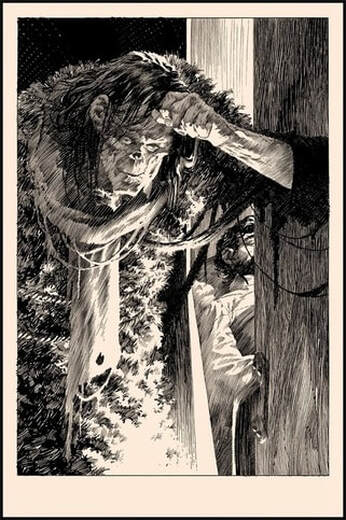 Final Blog Prompt: Chapters 22 and 23 contain a strong sense of foreboding, or the feeling of a catastrophe around the corner. Look through these chapters and demonstrate how suspense is used to foreshadow future doom. Use several examples to prove your point. Relate these examples to the function of a gothic novel. Primary Blog Expectations (respond to the prompt above): 200-250 words, minimal errors in grammar and usage, thoughtful and thorough writing. Please use the name you were assigned in class as your nom de plume and be sure to add word count. Due by 11:59pm Friday night 12-11-2020! Secondary Blog Response Expectations (read everyone's primary responses, select two that interest you, and respond to their ideas): 100-150 words EACH, minimal errors in grammar and usage, thoughtful and thorough writing. Please use the name you were assigned in class as your nom de plume and be sure to add word count. Due by 11:59pm Sunday night 12-13-2020!
Honor System: |
|||||||||||||||||||
| frankenstein_passage_1.pdf | |
| File Size: | 43 kb |
| File Type: | |
Secondary Blog Response Expectations (read everyone's primary responses, select two that answer one of the OTHER prompts and respond to their ideas): 100-150 words EACH, minimal errors in grammar and usage, thoughtful and thorough writing. Please use the scientist's name that you selected in class as your nom de plume and be sure to add word count. Due by 11:59 PM on Monday, November 16th.
| 1. In Letter IV, Walton writes, “Yesterday the stranger said to me, “You may easily perceive, Captain Walton, that I have suffered great and unparalleled misfortunes. I had determined at one time that the memory of these evils should die with me, but you have won me to alter my determination. You seek for knowledge and wisdom, as I once did; and I ardently hope that the gratification of your wishes may not be a serpent to sting you, as mine has been. I do not know that the relation of my disasters will be useful to you; yet, when I reflect that you are pursuing the same course, exposing yourself to the same dangers which have rendered me what I am, I imagine that you may deduce an apt moral from my tale, one that may direct you if you succeed in your undertaking and console you in case of failure. Prepare to hear of occurrences which are usually deemed marvelous.” In the excerpt above, the themes of knowledge and wisdom are introduced. Often, knowledge and wisdom are seen as interchangeable, or as going hand-in-hand, but are they necessarily the same? |
| 2. Victor describes how even as a child, “It was the secrets of heaven and earth that I desired to learn; and whether it was the outward substance of things or the inner spirit of nature and the mysterious soul of man that occupied me, still my inquiries were directed to the metaphysical, or in its highest sense, the physical secrets of the world.” Even as a boy, Victor has been hungry for knowledge. He doesn’t want to learn just anything, however. He wants to figure out the “secrets of heaven.” How does this paragraph foreshadow him creating his creature in his adulthood? Is this contextual proof that he is destined to create this monster like he insists he is? If he claims that he is destined to do this, then does this negate some of the blame he may feel? |
| 3. In imagining the creation of a new race of beings, Victor imagines that “No father could claim the gratitude of his child so completely as I should deserve theirs. Pursuing these reflections, I thought that if I could bestow animation upon lifeless matter, I might in process of time (although I now found it impossible) renew life where death had apparently devoted the body to corruption.” Psychoanalytic theory in literary studies is the analysis of a character’s psyche in relation to their thoughts and actions. Using this theory, what can you tell about the motivations behind Victor’s experimentation and fanaticism? How might his childhood have influenced his choices? |
Topic: Importance of Names
Part 1 Primary and Secondary Blog Prompt:
Compare and contrast the two poems. What are their similarities? How do they differ? Overall, which poem do you feel is more “essential” to study in AP English Literature and why?
-Primary Blog Entry (100-150 words) due by Tuesday at 11:59pm;
-2 Secondary Blog Responses (60-80 words) due by Thursday night at 11:59pm
BE SURE TO ADD WORD COUNT AND USE YOUR NOM DE PLUME!
Part 2 Individual Written Reflection Prompt:
Produce a written reflection (200-250 words) wherein you explain the function of specific words and phrases illuminates the theme in one of the two poems. Demonstrate a strong line of reasoning and support all claims with textual evidence.
Upload to Turnitin by 11:59pm on Friday.
| Poem 1 (Modern/Living Poet) “Say My Name” by Idris Goodwin Video: Unable to find text or transcript, but he speaks slowly and it’s easy to follow. | Poem 2 (Older/Classic Poet) “The Naming of Cats” by T.S. Eliot |
Week 1 Poetry Blog Activity: "Perseverance" - Explain the Function of Contrasts within a Text
3/24/2020
Emphasized Skills (as suggested in 2019 CED):
- STR 3.C – Explain the function of structure in a text.
- STR 3.D – Explain the function of contrasts within a text.
- FIG 5.B – Explain the function of specific words and phrases in a text.
- FIG 5.C – Identify and explain the function of a metaphor.
- FIG 6.B – Identify and explain the function of an allusion.
Part 1: Compare/Contrast + Critical Thinking
Read the two poems and respond to the prompt in a Primary Blog Entry (100-150 words) by Tuesday night at 11:59pm. By Thursday night at 11:59pm, please read all Primary Blog Entries and select two that you find interesting, surprising, insightful, or conflicting with your own understanding and compose a brief response to each in a Secondary Blog Response (60-80 words).
Part 2: Individual Analysis + Emphasized Skill
The two poems that you read each week have been selected to highlight a specific skill (see list above). By Friday at 11:59pm, please upload to Turnitin.com a short written reflection (200-250 words) in which you use one of the poems to address the question that is aligned to the skill being addressed.
*Nom de Plumes for the Blog Entries: Please select a pen name of your own and then share it with me through email.
Topic: Perseverance
Part 1 Primary and Secondary Blog Prompt:
Compare and contrast the two poems. What are their similarities? How do they differ? Overall, which poem do you feel is more “essential” to study in AP English Lit and why?
-Primary Blog Entry (100-150 words) due by Tuesday at 11:59pm;
-2 Secondary Blog Responses (60-80 words) due by Thursday night at 11:59pm
BE SURE TO ADD WORD COUNT!
Part 2 Individual Written Reflection Prompt:
Produce a written reflection (200-250 words) wherein you explain the function of contrasts in one of the two poems. Demonstrate a strong line of reasoning and support all claims with textual evidence.
Upload to Turnitin by 11:59pm on Friday.
Below you will find three embedded portions of NPR: Radiolab's podcast, "Morality." The fourth embedded link is the full hour of the podcast if you have the time to listen to it in its totality in one sitting.
Your assignment for this last blog entry for The Road is to listen to this podcast and comment upon it in a holistic sense (listen to all 3 portions before composing your blog entry).Possible questions to start your blog post: Where does our sense of right and wrong come from? What is the relationship between morality, humanity, and the individual?
*****
Please note: This blog entry and your understanding of this concept (morality) is necessary for the final summative assessment for The Road. Next week, we will be using this blog as a significant element of your final essay. This will be your most rigorous essay of this unit.
*****
Part One Expectations (respond to the prompt above): 200-250 words, minimal errors in grammar and usage, thoughtful and thorough writing. Please use the assigned "pen name" given to you in class as your nom de plume.
DUE: Sunday night at midnight (2/9)! PLEASE INCLUDE WORD COUNT!
Part Two Expectations (read everyone's first responses, select two that interest you, and respond to their ideas): 100-150 words EACH, minimal errors in grammar and usage, thoughtful and thorough writing.
DUE: Monday night at midnight (2/10)!
At this point in the novel, you may have found multiple parallels between the events in the text and Joseph Campbell's Monomyth as revealed in the summer reading text, How to Read Literature Like a Professor.
Thinking back through the Man and the Boy's journey to the coast, identify and explain 3 specific events that fulfill Campbell's theory (clearly, this is an inexact activity-not all elements of the Hero's Journey are evident in every story). Your explanation should cite a specific passage though you do not need to do more than paraphrase the event. Your explanation, however, should illuminate how Campbell's Monomyth/Hero's journey can be used as a lens on McCarthy's novel.
Part One Expectations (respond to the prompt above): 200-250 words, minimal errors in grammar and usage, thoughtful and thorough writing. Please use the assigned "pen name" given to you in class as your nom de plume. DUE: Friday night at midnight (1/31)!
Part Two Expectations (read everyone's first responses, select two that interest you, and respond to their ideas): 100-150 words EACH, minimal errors in grammar and usage, thoughtful and thorough writing. DUE: Sunday night at midnight (2/2)!
The sardonic blind man named Ely, who the man and boy encounter on the road, tells the father that, "There is no God and we are his prophets" [p. 170]. What does he mean by this? Why does the father say about his son, later in the same conversation, "What if I said that he's a god?" [p. 172]. Are we meant to see the son as a savior? Why is Ely the only character named in this novel? What does this mean and how does it affect your understanding of the meaning of the work as a whole?
Part One Expectations (respond to the prompt above): 200-250 words, minimal errors in grammar and usage, thoughtful and thorough writing. Please use the assigned "pen name" given to you in class as your nom de plume. DUE: Friday night at midnight (1/24)!
Part Two Expectations (read everyone's first responses, select two that interest you, and respond to their ideas): 100-150 words EACH, minimal errors in grammar and usage, thoughtful and thorough writing. DUE: Sunday night at midnight (1/26)!
How is McCarthy able to make the post-apocalyptic world of The Road seem so real and utterly terrifying? Which descriptive passages are especially vivid and visceral in their depiction of this blasted landscape (please cite)? What do you find to be the most horrifying features of this world and the survivors who inhabit it?
Part One Expectations (respond to the prompt above): 200-250 words, minimal errors in grammar and usage, thoughtful and thorough writing. Please use the assigned "pen name" given to you in class as your nom de plume. DUE: Friday night at midnight!
Part Two Expectations (read everyone's first responses, select two that interest you, and respond to their ideas): 100-150 words EACH, minimal errors in grammar and usage, thoughtful and thorough writing. DUE: Sunday night at midnight!
In an influential essay, the Romantic scholar and critic Harold Bloom wrote that the reader's sympathy lies with the Creature, but in his book The Romantic Conflict (1963) Allan Rodway says the reader's sympathy lies with Victor Frankenstein. Who is right? Why?
Primary Blog Expectations (respond to the prompt above): 100-150 words, minimal errors in grammar and usage, thoughtful and thorough writing. Please use the name you were assigned in class as your nom de plume and be sure to add word count. Due by 11:59pm Wednesday night 11-13-2019!
Secondary Blog Response Expectations (read everyone's primary responses, select two that interest you, and respond to their ideas): 75-100 words EACH, minimal errors in grammar and usage, thoughtful and thorough writing. Please use the name you were assigned in class as your nom de plume and be sure to add word count. Due by 11:59pm Thursday night 11-14-2019!
Examine the Creature’s argument and his demand of Frankenstein. Is it reasonable? If you were Frankenstein, would you agree to it? Why or why not? After you read Frankenstein’s actions in these chapters, what do you think of his actions?
Primary Blog Expectations (respond to the prompt above): 100-150 words, minimal errors in grammar and usage, thoughtful and thorough writing. Please use the name you were assigned in class as your nom de plume and be sure to add word count. Due by 11:59pm Tuesday night 11-12-2019!
The first three chapters tell us about Victor Frankenstein's childhood and youth; the fourth, about his "discovery" of the principle of life. For movie fans these chapters may seem irrelevant: after all, we want to see the Creature being created and -amid bursts of smoke and flashes of lightning- "born." Why, then, does Mary Shelley devote so much time and space to Victor's childhood environment and his education?
Primary Blog Expectations (respond to the prompt above): 100-150 words, minimal errors in grammar and usage, thoughtful and thorough writing. Please use the name you were assigned in class as your nom de plume and be sure to add word count. Due by 11:59pm Friday night 11-1-2019!
Secondary Blog Response Expectations (read everyone's primary responses, select two that interest you, and respond to their ideas): 75-100 words EACH, minimal errors in grammar and usage, thoughtful and thorough writing. Please use the name you were assigned in class as your nom de plume and be sure to add word count. Due by 11:59pm Sunday night 11-3-2019!
Now that you have jumped into the "deep end" of the pool, reflect a little on your performance on the prose and poetry response essays. You can think of these baseline essays as a whole experience or you may separate your experiences.
Once you have paused to reflect, compose your thoughts in a brief letter to me that illuminates this experience. You can make predictions for the year, but you should not feel that these responses will be reflective of your whole year in AP Literature. I have found that the majority of my students will grow and evolve as thinkers and writers quite a bit from September to May. Tell me how you felt, what areas were your strengths and which need more focus. Tell me about any steps you plan to take to improve (and, believe me, ALL writers can improve!) and how your future writing self will look.
Try to finish by the end of the period, but you may certainly continue at home.
Please use a name that you select as your nom de plume and be sure to add word count.
Expectations:
200-250 words
There is often a sense of moral ambiguity that one can experience because of cultural conflict. I’ve often been faced with questions such as, "Do I believe this is right or wrong because of the way I was raised, or is it right or wrong because of a universal set of morals that all humans share?"
As we read The Poisonwood Bible, we encounter these kind of questions constantly. Some Westerners are immediately put off by many aspects of Kikongo culture (and the culture of the Prices!) portrayed in the novel, such as their treatment of women and twins, and well as some of their ideals related to marriage and education. Yet, I still question how much my culture influences my perspective and moral standing on these issues.
Reflect on these tensions for yourself, and compose a piece of personal writing addressing some (not all) of these questions:
- To what extent do you think our morals are defined by our home cultures?
- Do you think it is ever appropriate to say that the traditions or values of another culture are immoral?
- Have you had any cross-cultural experiences in your own life that made you realize that perhaps what is considered right and wrong in your own culture may not be universal?
- Have you wrestled with these tensions as you read The Poisonwood Bible as well?
Primary Blog Expectations (respond to the prompt above): 200-250 words, minimal errors in grammar and usage, thoughtful and thorough writing. Please use a name that you select as your nom de plume and be sure to add word count. Due by 11:59 pm on Friday 3/8!
Secondary Blog Response Expectations (read everyone's primary responses, select two that interest you, and respond to their ideas): 100-150 words EACH, minimal errors in grammar and usage, thoughtful, and thorough writing. Please use your nom de plume and be sure to add word count. Due by 11:59 pm on Sunday 3/10!
The opening statement of Leah's narration has to be one of my all-time favorite lines: "We came from Bethlehem, Georgia, bearing Betty Crocker cake mixes into the jungle" (Kingsolver 13). If you've never heard of it, a Betty Crocker cake mix is a boxed, prepackaged cake mix made by an iconic all-American brand.
In The Poisonwood Bible, this trivial box of flour and sugar acts as a flawless symbol of the Price family's unpreparedness for the cross-cultural shocks they are about to experience. As the family sets foot onto totally foreign soil, they "carry in" much more than their American goods which they soon realize are utterly useless. They carry with them their misconceptions and ignorance about their new home, as well as their frequent prideful inability to humble themselves and adapt to their starkly new environment.
I want you to personally reflect on these struggles. When you consider a cross-cultural experience of your own, can you recall ever allowing your own misconceptions, assumptions, or inaccurate expectations to negatively affect your experience? Have you ever allowed your pride to affect your ability to take a humble attitude in an unknown, foreign setting? What did you learn as a result? Conversely, have you ever been the recipient of someone else's cross-cultural misconceptions? How did you feel? React?
Primary Blog Expectations (respond to the prompt above): 200-250 words, minimal errors in grammar and usage, thoughtful and thorough writing. Please use a name that you select as your nom de plume and be sure to add word count. Due by 11:59 pm on Friday 2/15!
Secondary Blog Response Expectations (read everyone's primary responses, select two that interest you, and respond to their ideas): 100-150 words EACH, minimal errors in grammar and usage, thoughtful, and thorough writing. Please use your nom de plume and be sure to add word count. Due by 11:59 pm on Sunday 2/17!
Today, I would like for you to read and respond to the article, "In the Minds of Others" by Keith Oatley. You should read and annotate the print article that I give you, but I will also include a link here. This article further develops the ideas from Independent Reading Blog #2 and will be of use later when we finish our Independent Reading Unit.
Your critical analysis of this article should:
-briefly summarize the main points of the article
-identify the author's argument
-evaluate the author's success by analyzing how the author uses:
1. textual evidence, such as facts or examples, to support claims
2. reasoning to develop ideas and to connect claims and evidence
3. stylistic or persuasive elements, such as word choice or appeals to emotion, to add power to the ideas expressed
-conclude with a strong comment upon the value of the author's topic/argument.
Requirements:
-typed, MLA style, 500-1,000 words (about 2 to 4 pages)
-posted here on the classroom blog
-AND to Turnitin by 11:59pm on Sunday night, 1/27/2019
"Literature’s Emotional Lessons:
Grappling with the way books make students feel—not just analytical skills—should be part of the high-school English curriculum." - Andrew Simmons
 ERIC AUDRAS / PHOTOALTO / CORBIS
ERIC AUDRAS / PHOTOALTO / CORBIS Please note: I realize that you have just started reading your IR Books, but you can still apply the concepts from this article to your reading so far.
Requirements:
Plan and compose a short essay (250-300 words - 100 points) that addresses the points from the nonfiction article as it applies to the book you are reading. I understand that you have just begun your book, but you should still be able to touch upon some of the finer points of your reading in order for the nonfiction article to apply. To do this short essay well, you will need to be very clear about what the author's argument is in the nonfiction article. Focus on this task as you read Simmon's work and then apply his argument to your novel. How does your novel address his point/s?
Due Sunday night (1/20) by 11:59 pm!
 Cristina Hartmann
Cristina Hartmann Reading Speed Formula
- Read a page. Time how long it takes in seconds (divide by 60) and, voilà, you now know how many minutes you take to read a page!
- Count your book's pages, multiple by your page/minute speed, divide by 60 again and, voilà, you now know how many hours you will take to read your book!
- Count how many days you have until you need to finish reading in order to give yourself time for the End of Unit Assessment (probably by Tuesday, January 29th) and so on and so forth!
I know that this seems like a ridiculous activity, but I am always surprised by how much more successful students are at reading, comprehending, and completing assignments when they know exactly how long it will take to complete the reading AND be able to finish all the tasks!
If you are interested in discovering how long you take to read literature of a variety of complexities, use the interactive calculator below.
- listing the title and author of your selected novel (remember, you can always change the book, but not the due date!),
- stating in a brief paragraph why you selected it,
- and completing this blog response by 11:59 pm on Monday, 1/14!
Step 3: Start reading!!! You will be posting updates and responding through this blog about your understanding, interesting thoughts, progress, etc. every Friday.
*I am expecting you to keep your selected novel with you at all times. This is the best way to finish your novel ahead of your own schedule. Whenever you have a free moment, you should take your book out to read a page or two. You will be surprised at how much reading you can accomplish if you always keep it at hand to read at these odd moments! As an incentive, I will randomly reward students I "catch" reading with treats. Don't be surprised if I pop into one of your classes to see if you have your book on your person!
Blog Post Rubric
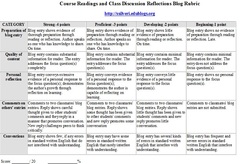
Archives
February 2023
November 2022
October 2022
January 2021
December 2020
November 2020
March 2020
February 2020
January 2020
November 2019
October 2019
September 2019
March 2019
February 2019
January 2019
December 2018
November 2018
October 2018
September 2018
April 2018
March 2018
January 2018
December 2017
November 2017
October 2017
March 2017
February 2017
January 2017
December 2016
November 2016
October 2016
September 2016
November 2015
October 2015
September 2015
March 2015
February 2015
April 2014
March 2014
Categories
All
A Doll's House
Afghanistan
Anton Chekhov
As I Lay Dying
A Thousand Splendid Suns
Barbara Kingsolver
Biology
Charlotte Bronte
Class Division
Community
Congo/Zaire
Contrasts
Cormac McCarthy
Critical Lens
Cross Cultural Misconceptions
Cross-Cultural Misconceptions
Dystopia
Ethics
Family
Frankenstein
Gateshead
Gender Roles
Gender Study
Hamlet
Henrik Ibsen
Hesitation
Hope And Despair
Hubris
Humanity
Imagery
Imagination
Independent Reading
Jane Eyre
Khaled Hosseini
Literary Analysis
Literature
Mary Shelley
Morality
Objectivity V. Subjectivity
Parent Child Relationships
Parent-Child Relationships
Perseverance
Perspective
Pleasure Reading
Poetry
Psychology
Radiolab
Reading
Relationships
Religion
Right Vs. Wrong
Ritual
Rudy Francisco
Samuel Taylor Coleridge
Sanity
Science
Shelter
Soliloquy
Suspense
Symbolism
Tennyson
The Lady With The Little Dog
The Poisonwood Bible
The Rime Of The Ancient Mariner
The Road
Ulysses
Virtual Poetry Unit
Week 1 Poetry Activity
William Faulkner
Women's Roles
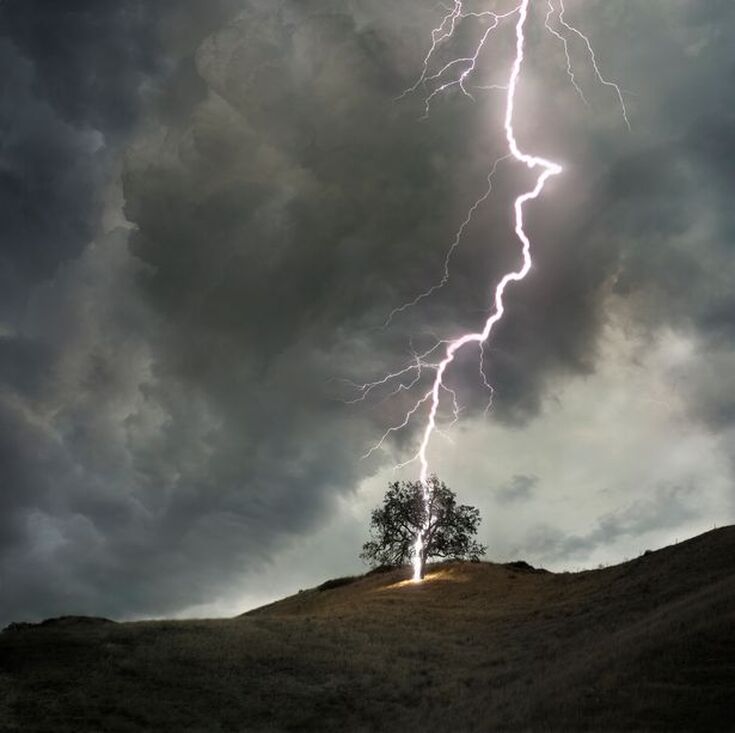
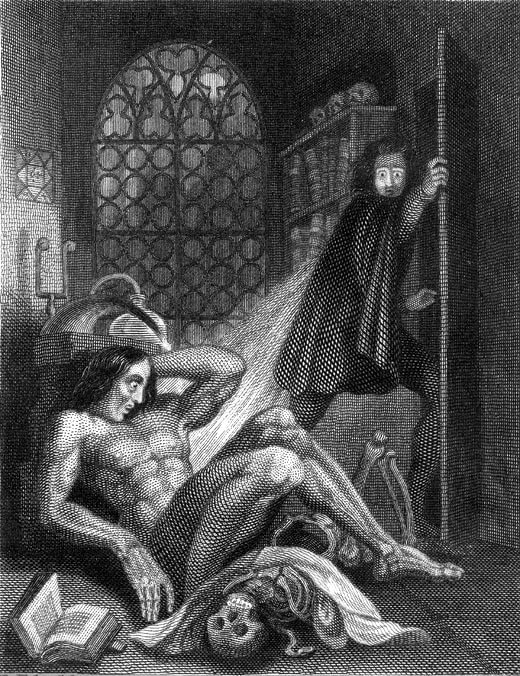
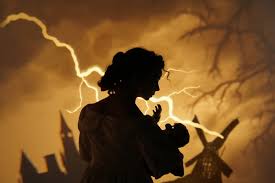
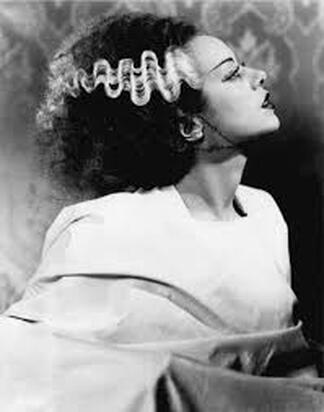


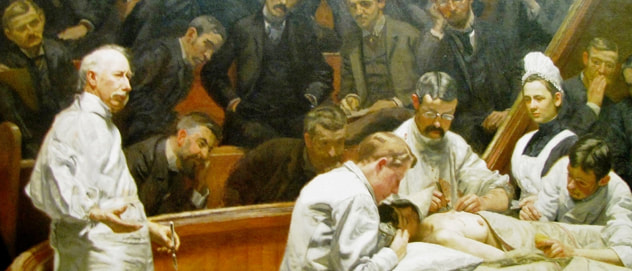
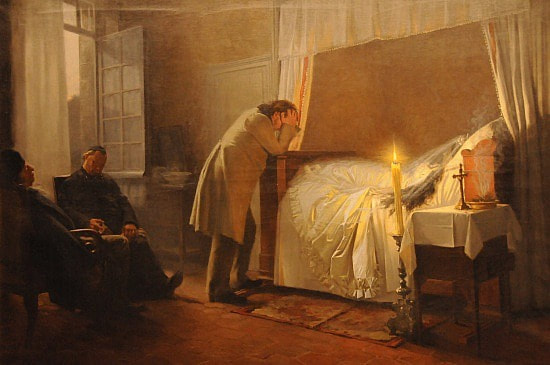


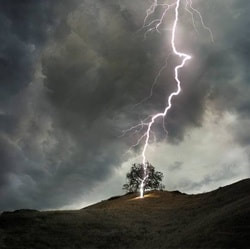

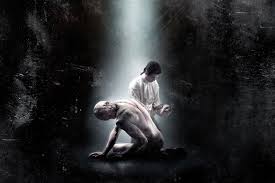
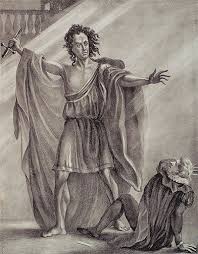

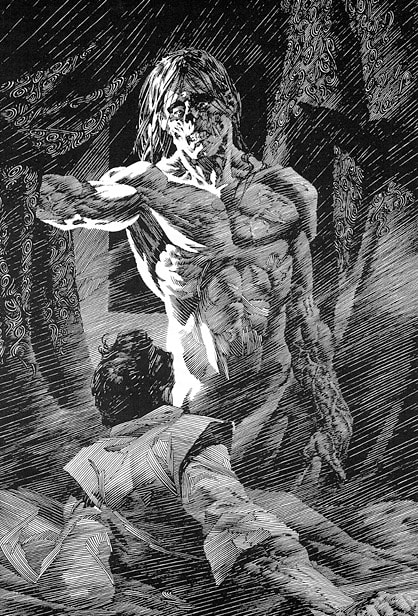
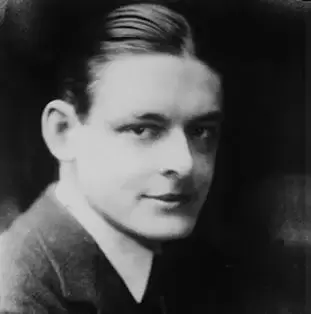
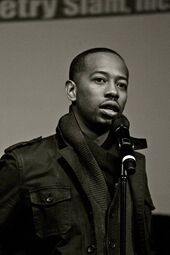
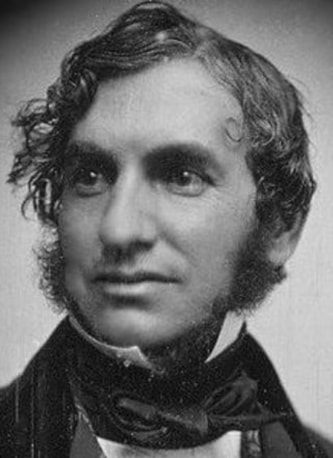

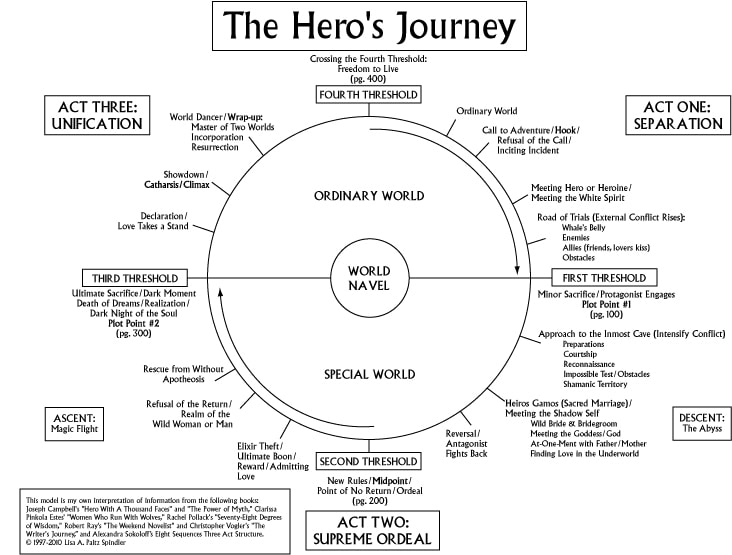
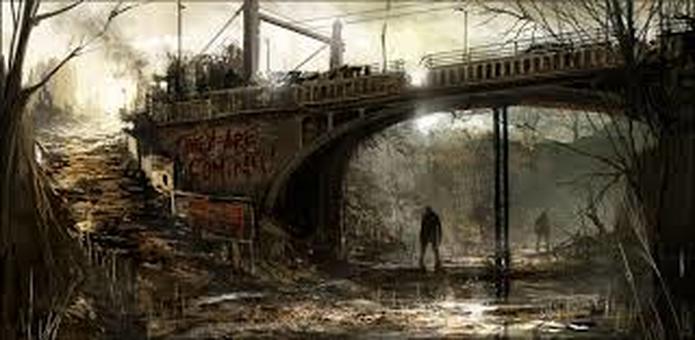
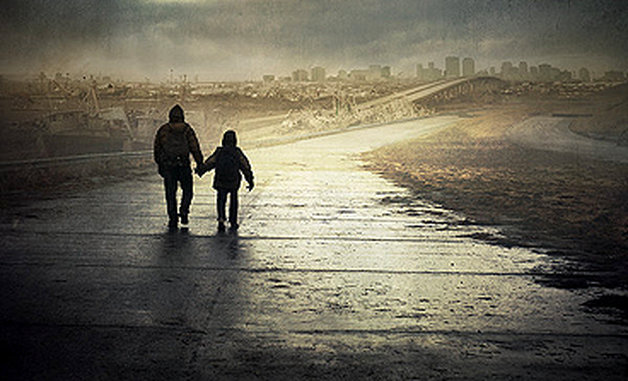
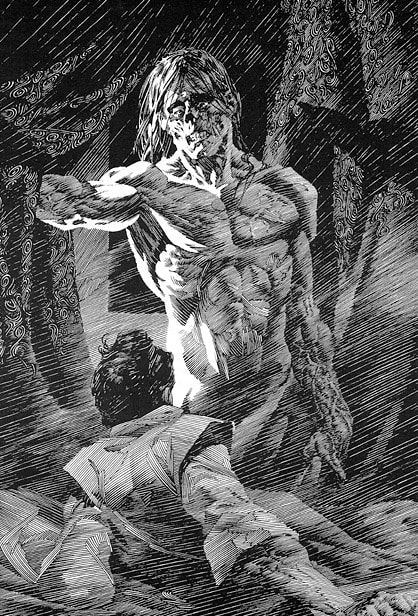

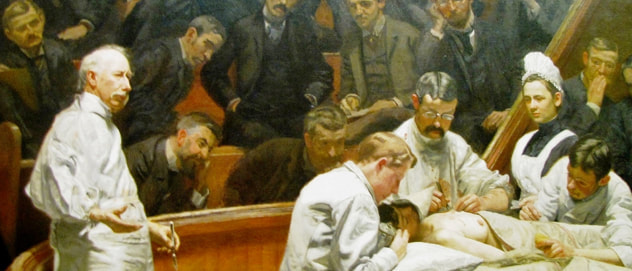
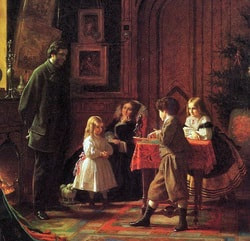
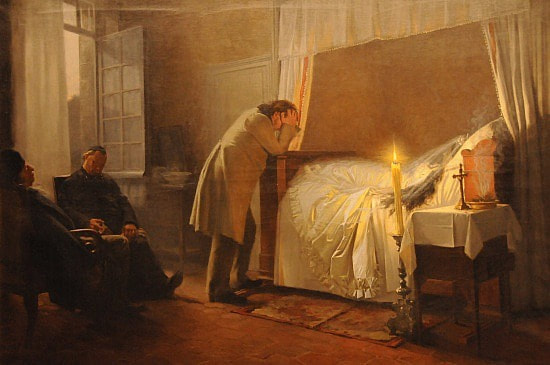



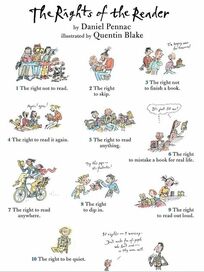

 RSS Feed
RSS Feed